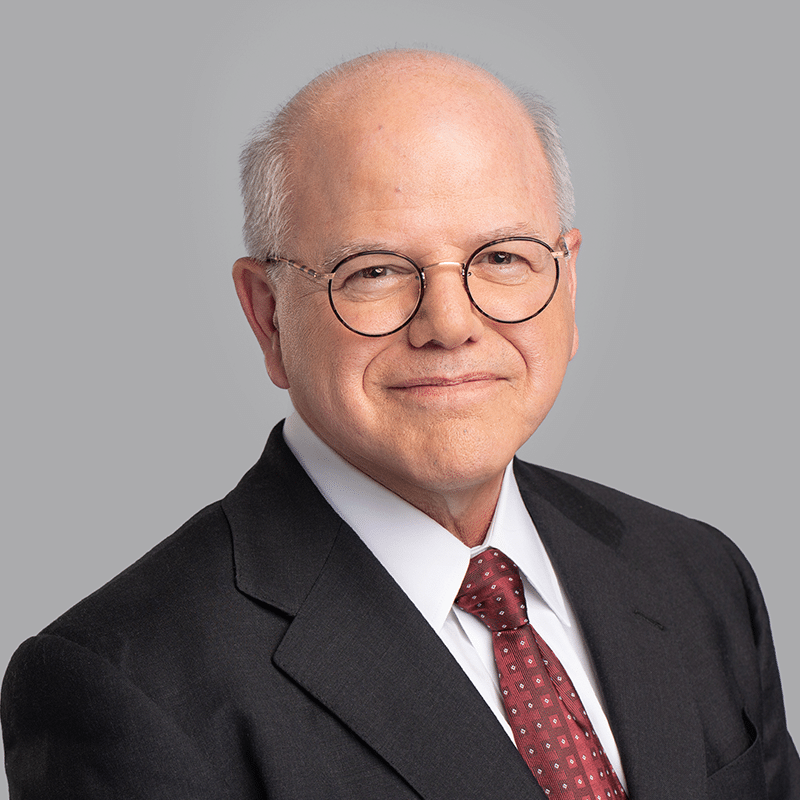
Throughout the years advocating for injured patients as a medical malpractice lawyer, I have come across many good questions that relate to this area of law.
In this article, I share some frequently asked questions I have received from patients, medical professionals and other lawyers.
Some questions answered in this article:
- What Does a Medical Malpractice Lawyer Do?
- How Are Medical Malpractice Actions Different From Other Personal Injury Matters?
- If OHIP Covers Most Medical Expenses, Then What Compensation is Available to an Injured Patient?
- The College of Physicians and Surgeon of Ontario (CPSO) Dismissed My Complaint. Does This Mean I Can’t Seek Compensation For My Injuries?
Q: What Does a Medical Malpractice Lawyer Do?
A: Medical malpractice lawyers assist patients who have suffered injuries due to the negligence of a medical professional obtain adequate compensation.
In medical malpractice cases, the knowledge relating to the issues in the action usually rests almost entirely with the defendants. Patients are often unaware of the details of the medical interventions or do not have sufficient knowledge to understand them. In some cases, the handwritten notes of the hospital charts or the physicians are illegible to patients, giving the patient a further disadvantage. As such, patients require a medical malpractice lawyer to assist them in preparing their cases right from the very beginning. From retaining the appropriate experts, interpreting and understanding the records, to analyzing the facts, and preparing for every step of the litigation process.
It is also important to know that not every adverse outcome from a medical procedure can be categorized as negligence. The Courts in Canada have made a clear distinction between “errors in judgment” and “negligent conduct” [See Moss v. Zaw, ((2009) 176 ACWS (3d) 546)].
A medical malpractice lawyer with the appropriate expertise will be able to determine whether an adverse outcome was the result of negligence. This important distinction can make the difference between a patient receiving compensation.
Q: How Are Medical Malpractice Actions Different From Other Personal Injury Matters?
A: In most medical malpractice cases, patients encounter two types of defendants: hospitals (including nurses), and physicians. These defendants have the significant resources to defend actions brought against them. In the case of nurses and hospitals, these defendants are insured either through the Healthcare Insurance Reciprocal of Canada (HIROC), or through large property and casualty insurers. Physicians receive protection for their liability for negligence from the Canadian Medical Protective Association (CMPA).
HIROC and other hospital insurers, and the CMPA can and do commit substantial resources to vigorously defend medical negligence cases. There is a critical distinction between the CMPA and a traditional insurer. The traditional insurer seeks to provide indemnity at the lowest possible cost. The main stated objective of the CMPA, on the other hand, is “to support, maintain and protect the honour, character and interest of its members” [See CMPA 2015-2019 Strategic Plan].
In our experience, the CMPA will not settle a case because it is cheaper to settle than to take it to court. If the CMPA can find an expert to support the case, they will normally protect the defendant doctor’s reputation by defending the case regardless of cost. So, for example, the CMPA may spend $250,000.00 to defend a $50,000.00 claim.
That is the key reason it is critical that a patient retain the services of a competent medical malpractice lawyer who fully appreciates the complexities of the litigation and knows how to reach a successful settlement or judgment on behalf of an injured patient.
Q: If OHIP Covers Most Medical Expenses, Then What Compensation is Available to an Injured Patient?
A: While it is true that basic healthcare costs are covered by OHIP, an injured patient usually requires much more services than what is covered by the province. For example, an injured patient would be entitled to compensation for their pain and suffering in addition to any extraordinary care required such as costs for Attendant Care, Therapies, Equipment, Modified Vehicle Transportation and Accessible Housing, etc.
Even if OHIP covers some of the costs associated with the injury, The Health Insurance Act of Ontario permits the Ministry of Health and Long Term Care to recover monies from the defendant for past and future services rendered to the patient. In other words, medical malpractice lawyers also help reimburse you, the taxpayer, when a case is resolved.
Q: The College of Physicians and Surgeon of Ontario (CPSO) Dismissed My Complaint. Does This Mean I Can’t Seek Compensation For My Injuries?
A: No. The decision of the CPSO is totally separate from any potential civil lawsuit that one may seek against the doctor who they allege malpractice. While the CPSO has the authority to reprimand a specific doctor, they have no authority to order compensation to be paid. Only a Court can do so if a civil action (lawsuit) has been commenced.
Do You Have A Question About Medical Malpractice You’d Like Answered?
For more information or if you have questions about a medical malpractice case, please feel free to contact medical malpractice lawyer Neil E. Sacks at 416-361-5811 or nesacks@hshlawyers.com.







